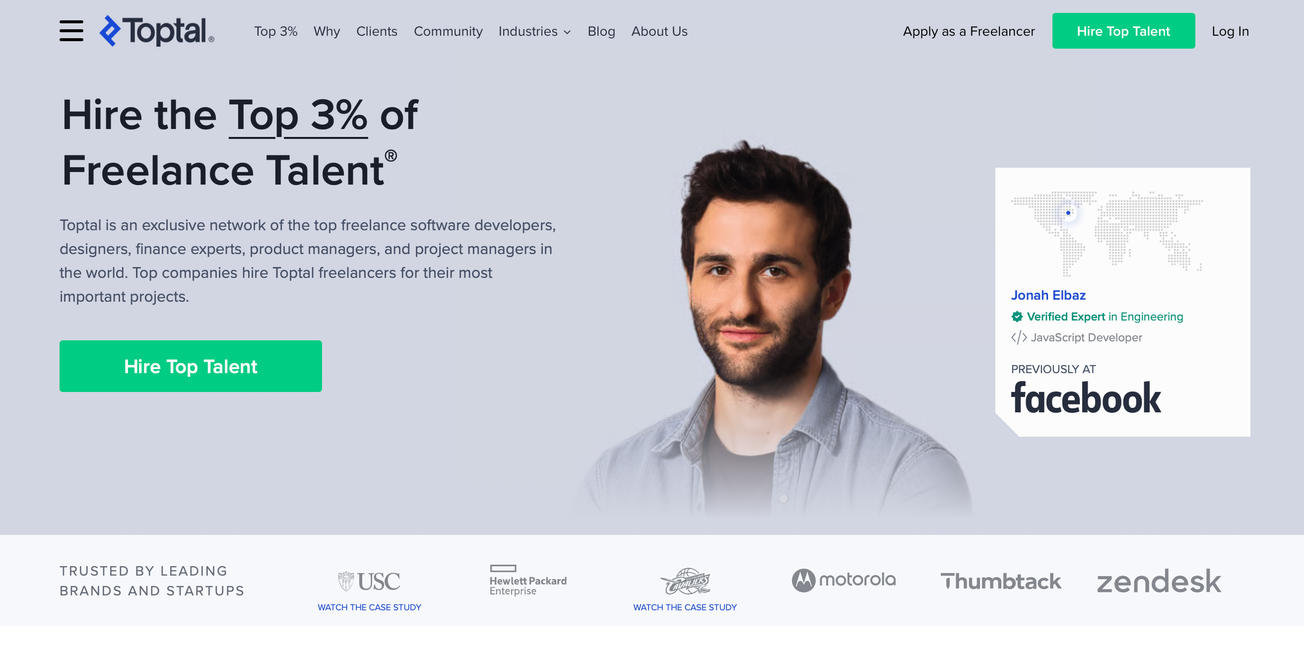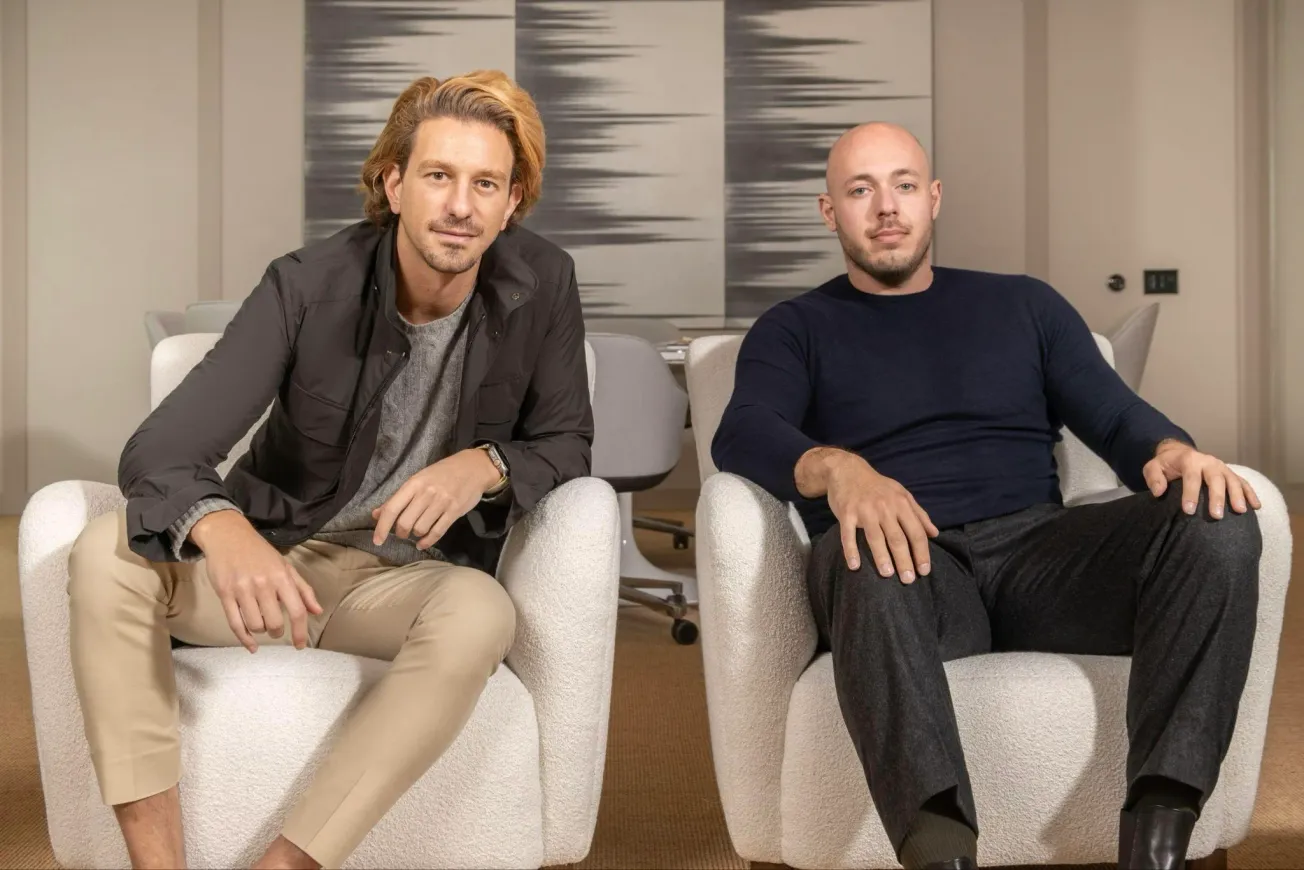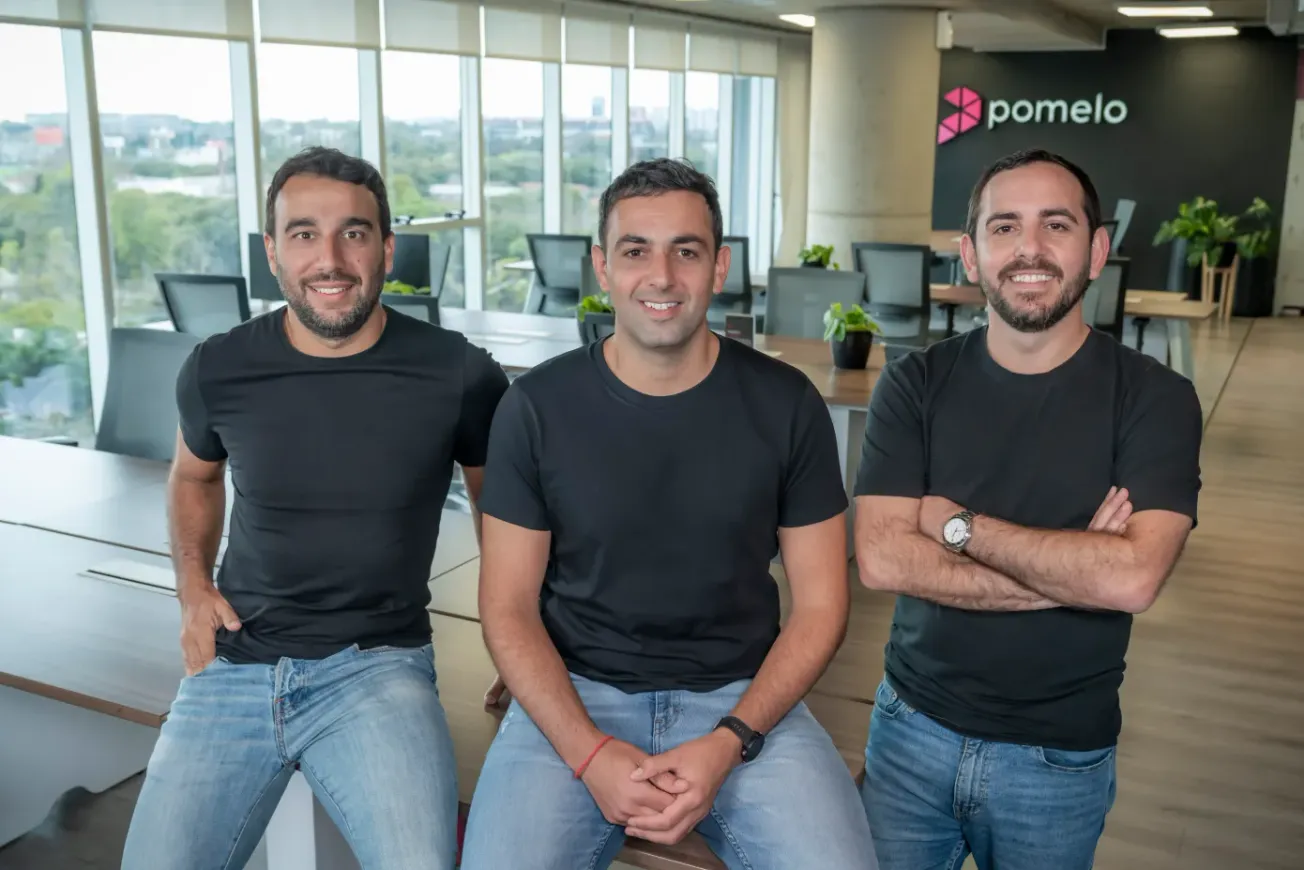If you're a startup founder or entrepreneur, you know that finding and hiring the right developers is crucial to the success of your business. However, the process of hiring developers can be overwhelming and challenging, especially if you're not a technical expert. With so many options available, it can be difficult to know where to start and what to look for in a developer.
In this article, we'll provide you with practical tips and strategies for hiring developers for your startup. Whether you're looking to hire your first developer or building a team of developers, we'll help you navigate the hiring process and find the right talent for your business. We'll cover everything from where to find developers to how to evaluate their skills and experience.
By following our advice, you'll be able to hire developers who are not only technically skilled but also a good fit for your company culture and values. You'll be able to build a strong and talented team of developers who can help you bring your vision to life and achieve your business goals. So, let's get started.
Defining Your Needs
Before you start looking for developers to hire, you need to define your needs. This means you need to determine what type of developer you need, what technical skills they should have, and what soft skills are important for your team.
Type of Developer
There are different types of developers, and you need to determine which one is right for your startup. You can choose from:
- Front-end developer: A developer who focuses on the user interface and user experience of your website or application.
- Back-end developer: A developer who focuses on the server-side of your website or application.
- Full-stack developer: A developer who can work on both the front-end and back-end of your website or application.
Technical Skills
Once you have determined the type of developer you need, you need to decide what technical skills they should have. This will depend on the technologies you are using for your startup. For example, if you are building a website, you may need a developer who has experience with:
- HTML
- CSS
- JavaScript
- React
- Node.js
Make a list of the technologies you are using and the skills you need your developer to have.
Soft Skills
Technical skills are important, but soft skills are just as important. You need to hire a developer who can work well with your team and communicate effectively. Some soft skills to look for include:
- Communication: A developer who can communicate well with your team and explain technical solutions to non-technical stakeholders.
- Collaboration: A developer who can work well with others and is a team player.
- Problem-solving: A developer who can solve problems and find solutions to complex issues.
Make a list of the soft skills you need your developer to have.
Where to Find Developers
One of the biggest challenges for startups is finding the right developers to join their team. Fortunately, there are several places you can look to find talented developers who can help bring your vision to life. Here are some of the best places to find developers:
Online Platforms
Online platforms are a great place to find developers because they allow you to easily connect with developers from all over the world. Some of the most popular online platforms for finding developers include:
These platforms allow you to post job listings and browse through profiles of developers who are looking for work. You can also use these platforms to manage payments and communicate with your developers.
Tech Communities
Tech communities are another great place to find developers. These communities are made up of developers who are passionate about technology and are always looking for new projects to work on. Some of the most popular tech communities include:
These communities allow you to connect with developers who are already working on similar projects or who have experience with the technologies you are using. You can also ask for advice and get feedback from other developers in these communities.
Recruitment Agencies
Recruitment agencies can be a great resource for startups that are looking to hire developers. These agencies have access to a large pool of talented developers and can help you find the right person for your team. Some of the most popular recruitment agencies for startups include:
Recruitment agencies can save you time and effort by handling the hiring process for you. They can also help you negotiate salaries and benefits, which can be especially helpful if you are not familiar with the hiring process.
Screening and Interviewing
Resume and Portfolio Review
The first step in screening potential developers for your startup is to review their resumes and portfolios. Look for relevant experience, education, and skills that match the needs of your project. Pay attention to the technologies they have worked with and the projects they have completed. Check out their portfolio to see if they have built similar projects to what you need. A good portfolio should showcase their best work and demonstrate their ability to solve complex problems.
Coding Challenge
After reviewing the resumes and portfolios of potential candidates, you can give them a coding challenge to test their skills. This challenge should be relevant to your project and should test their ability to solve real-world problems. You can use online platforms like HackerRank or Codility to create and administer coding challenges. Make sure the challenge is not too difficult or too easy, and give the candidate a reasonable amount of time to complete it.
Interview Process
Once you have reviewed the resumes and portfolios and administered a coding challenge, it's time to interview the candidates. Prepare a list of questions that will help you assess their technical skills, problem-solving abilities, and communication skills. Ask them about their experience working with the technologies you need and how they have solved problems in the past. You can also ask behavioral questions to learn more about their work style and how they would fit in with your team. During the interview, pay attention to how the candidate communicates and their overall attitude. A good developer should be able to explain complex technical concepts in simple terms and should be enthusiastic about solving problems. You can also ask for references and follow up with them to learn more about the candidate's work history and performance. Overall, screening and interviewing potential developers for your startup is an important process that should not be rushed. Take the time to carefully review resumes and portfolios, administer a relevant coding challenge, and conduct a thorough interview process to find the best candidate for your team.
Making an Offer
After you've found the right developer for your startup, it's time to make an offer. This is a crucial step in the hiring process, and you want to make sure you get it right. Here are some factors to consider when making an offer:
Salary and Equity
When it comes to compensation, you'll need to decide on a combination of salary and equity. The average salary for a Full-Stack Developer is $101,000 per year in the US, £55,000 ($68,000) per year in the UK, and CHF 102,784 ($107,000) per year in Switzerland. However, keep in mind that these are just averages, and salaries can vary depending on location, experience, and other factors.
Equity is another important factor to consider. Equity is a share of ownership in the company, and it's often used as a way to compensate early employees who are taking a risk by joining a startup. The amount of equity you offer will depend on various factors, including the stage of your startup, the role of the developer, and the level of risk involved.
Benefits and Perks
In addition to salary and equity, you'll also need to consider the benefits and perks you offer. Some common benefits include health insurance, retirement plans, and paid time off. Perks can include things like flexible work hours, remote work options, and free snacks.
Keep in mind that benefits and perks can be a way to differentiate your offer from others. If you're unable to offer a high salary or a large amount of equity, offering attractive benefits and perks can make your offer more appealing.
Negotiation
It's important to be prepared for negotiation when making an offer. The developer may ask for a higher salary, more equity, or different benefits. It's important to be open to negotiation, but also to have a clear understanding of your budget and what you can offer.
One way to handle negotiation is to have a range of offers prepared ahead of time. This can include different salary and equity packages, as well as different benefits and perks. Having these options ready can make it easier to negotiate and find a package that works for both you and the developer.
Onboarding and Retention
Once you've hired the right talent for your startup, it's important to onboard and retain them. Good onboarding and retention practices can save you time and money in the long run, as well as improve your team's productivity and morale. Here are some key areas to focus on:
Orientation and Training
Start by introducing new hires to your company's mission, values, and culture. Provide an orientation that includes a tour of the office, an introduction to key team members, and an overview of the company's products, services, and goals. Make sure your new hires have the tools and resources they need to succeed, including access to software, hardware, and training materials. Provide ongoing training and development opportunities to help your team members grow and stay engaged.
Mentorship and Support
Pair new hires with experienced mentors who can provide guidance, feedback, and support. Encourage regular check-ins between mentors and mentees, and provide opportunities for mentees to shadow and learn from their mentors. Offer additional support and resources as needed, such as counseling, coaching, or flexible work arrangements. Show your team members that you care about their well-being and are invested in their success.
Team Building and Culture
Build a strong team culture that promotes collaboration, communication, and innovation. Encourage team members to get to know each other through social events, team-building activities, and shared experiences. Celebrate wins and milestones together, and recognize team members who go above and beyond. Foster a culture of openness and transparency, where team members feel comfortable sharing their ideas, feedback, and concerns.
By focusing on onboarding and retention, you can help your startup attract and retain top talent, build a strong team culture, and achieve your business goals.





